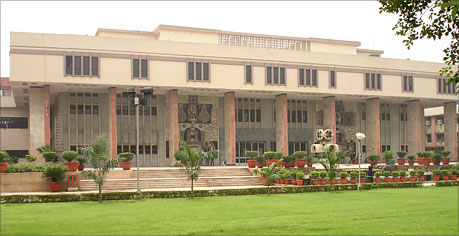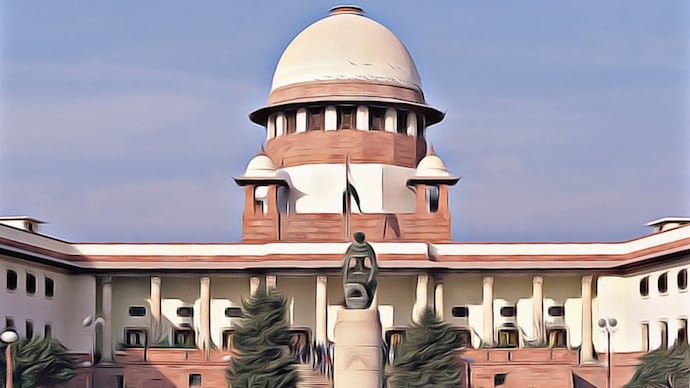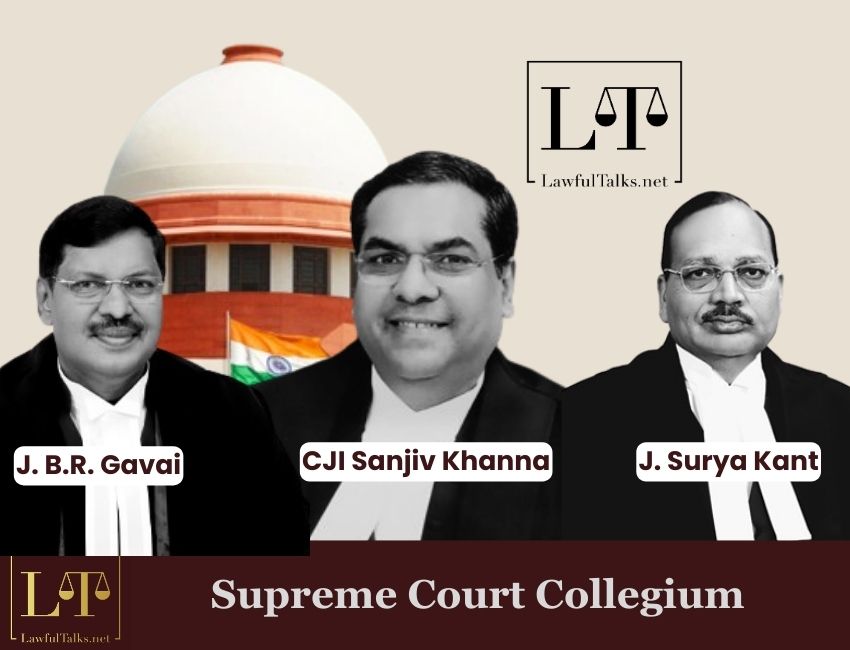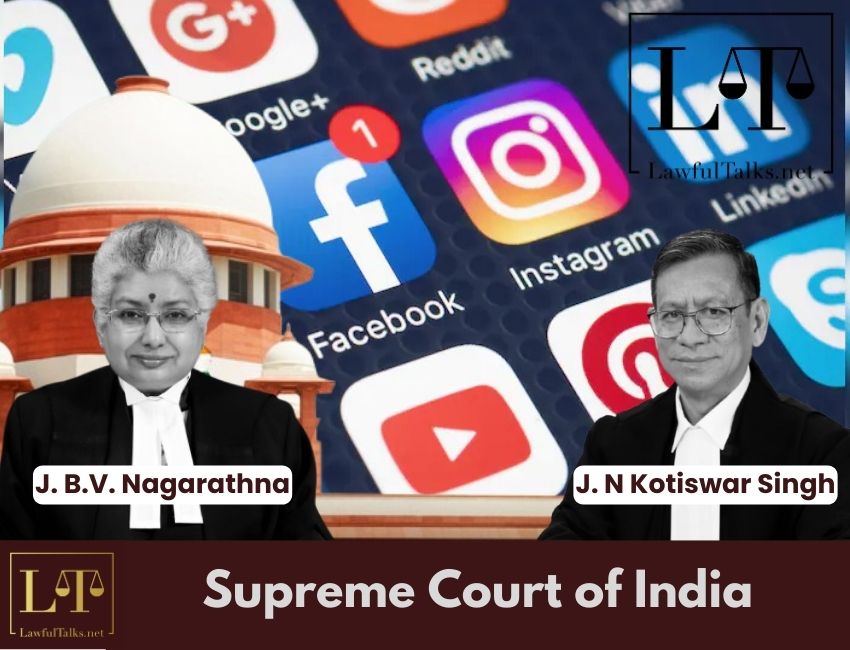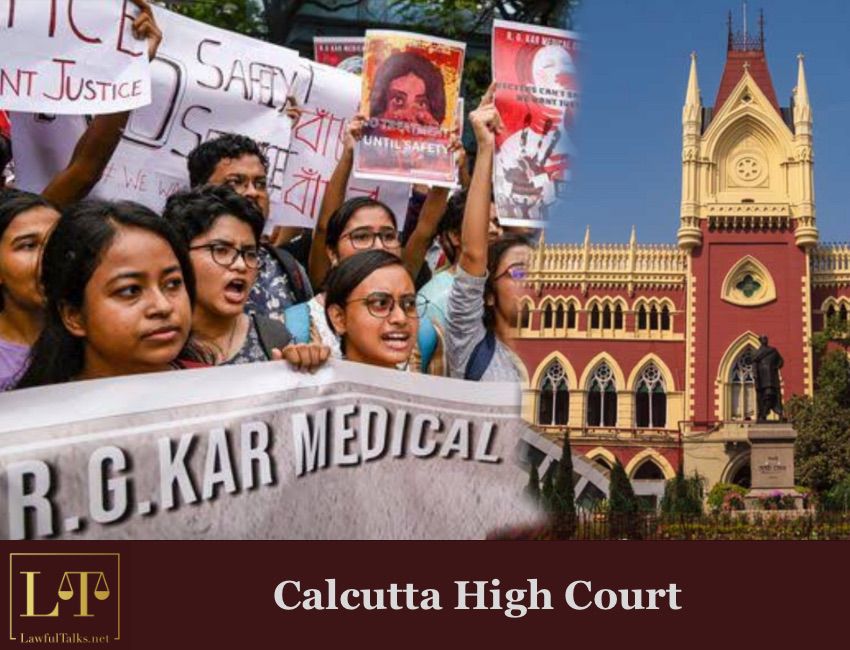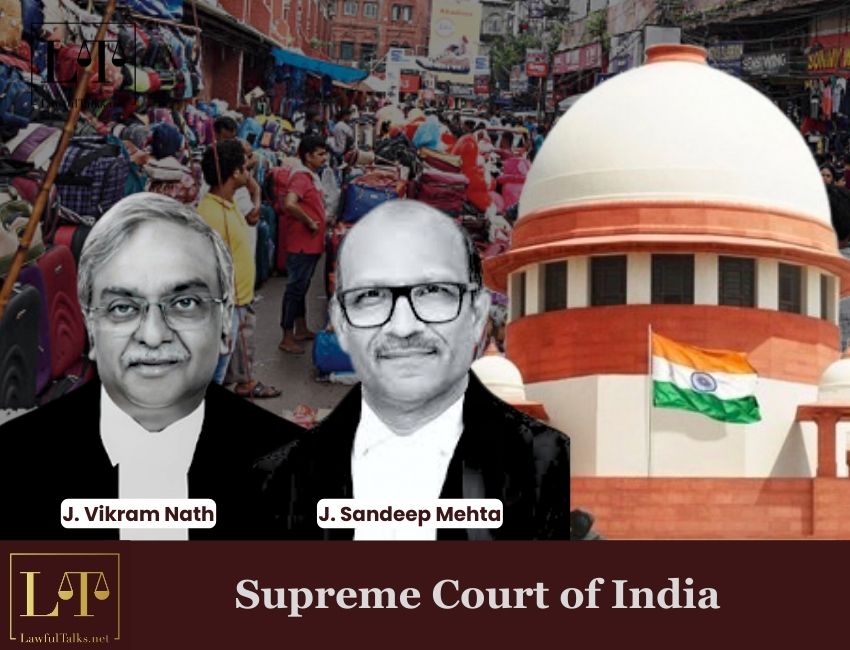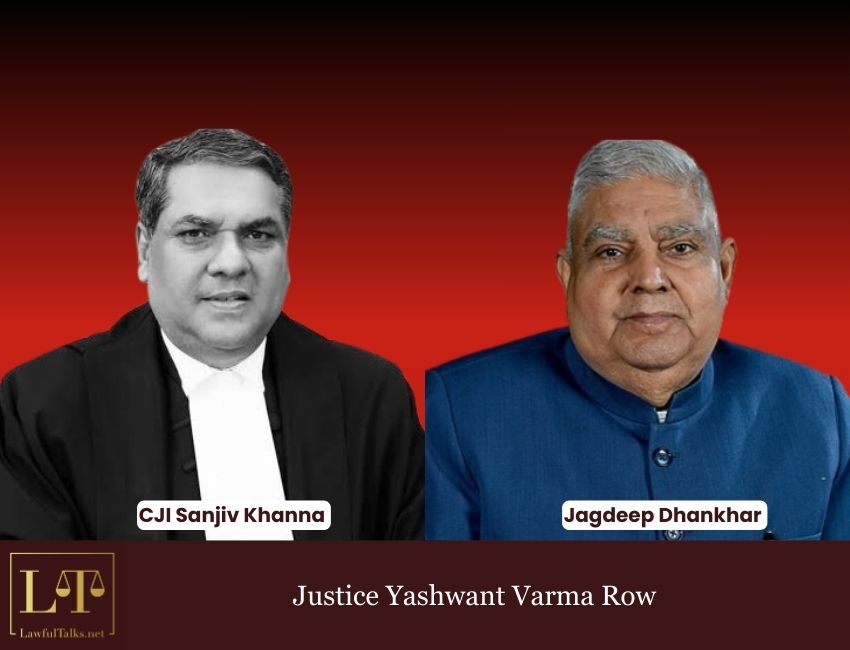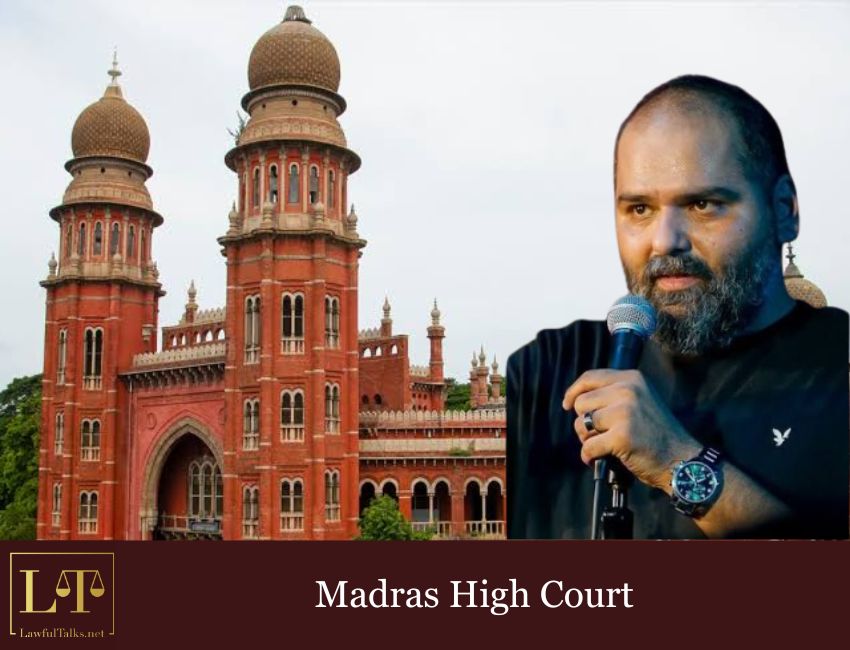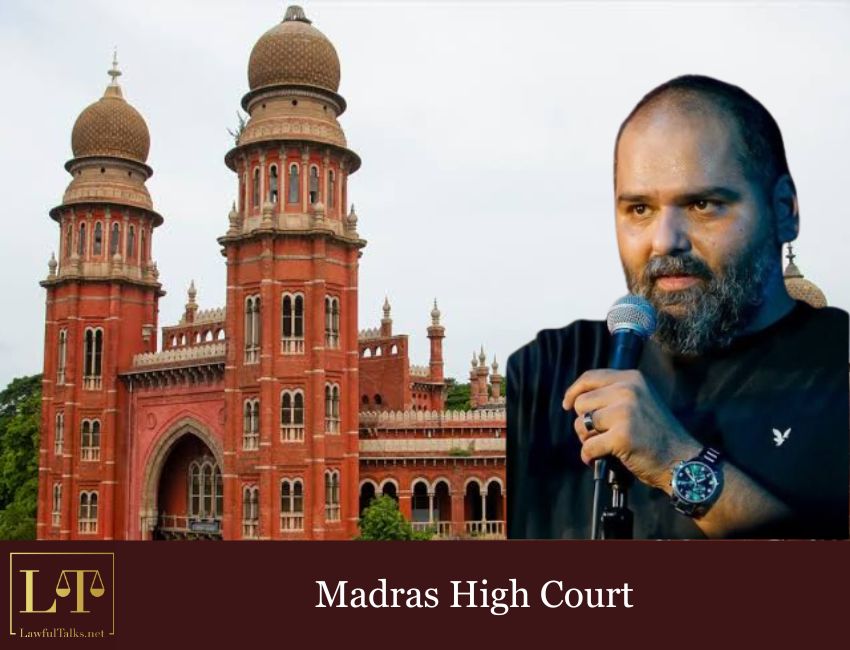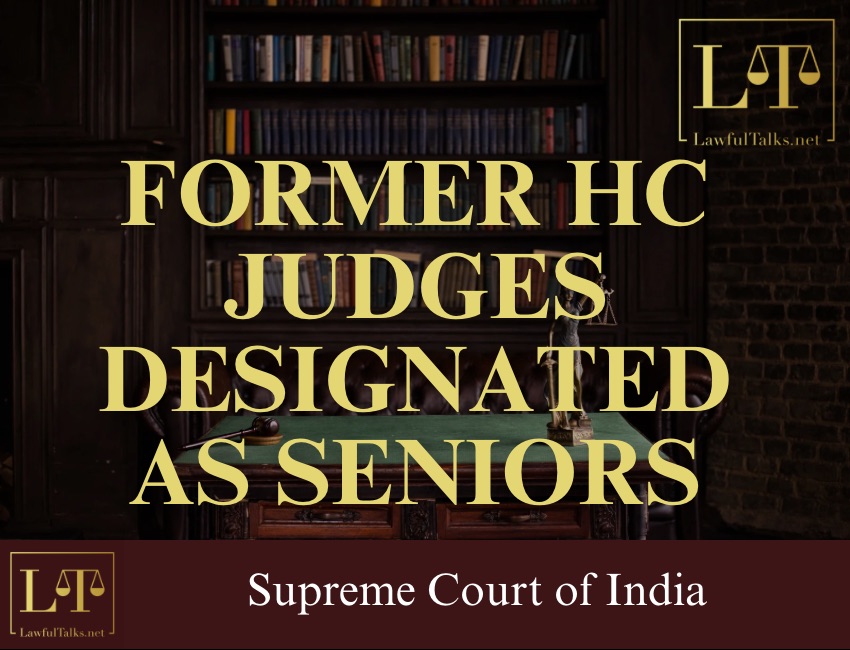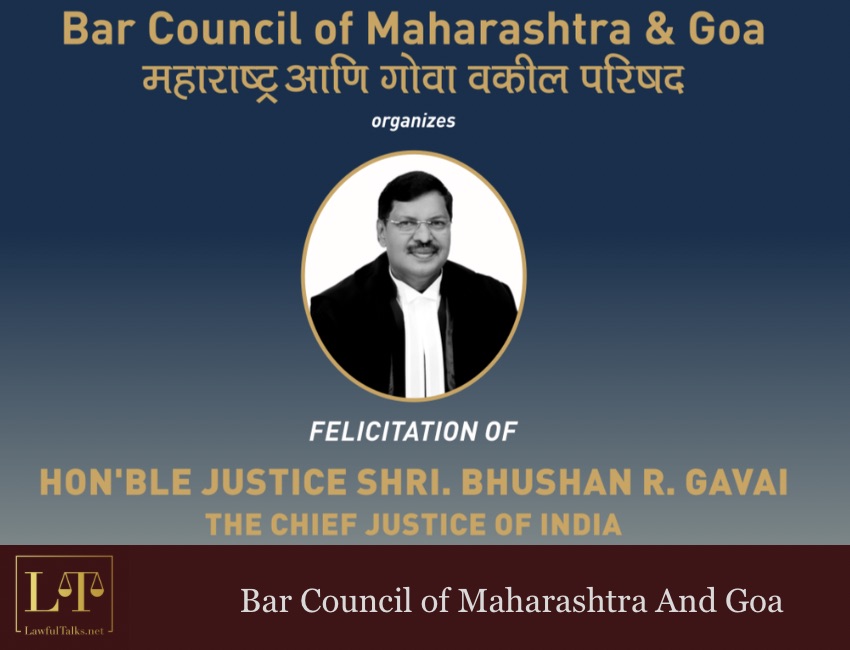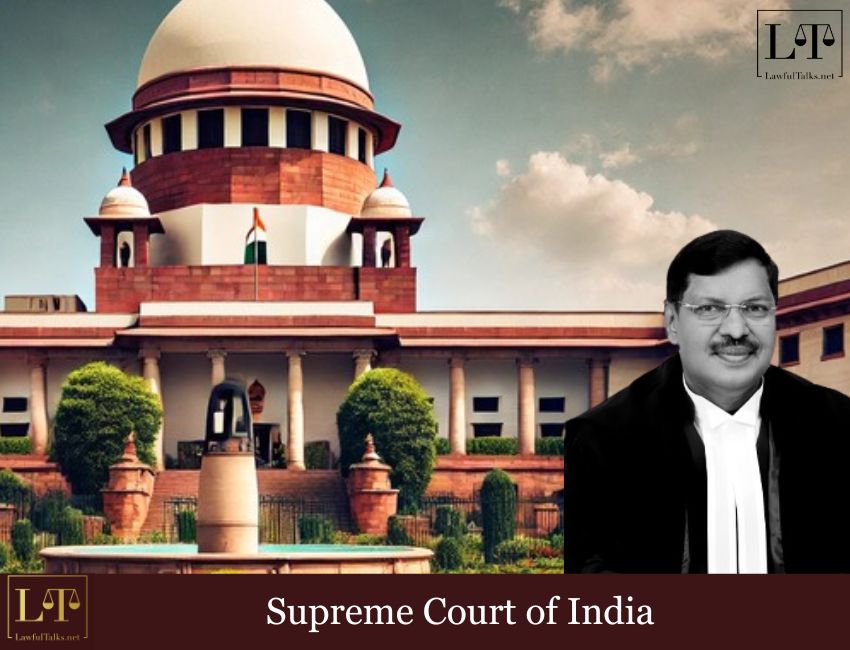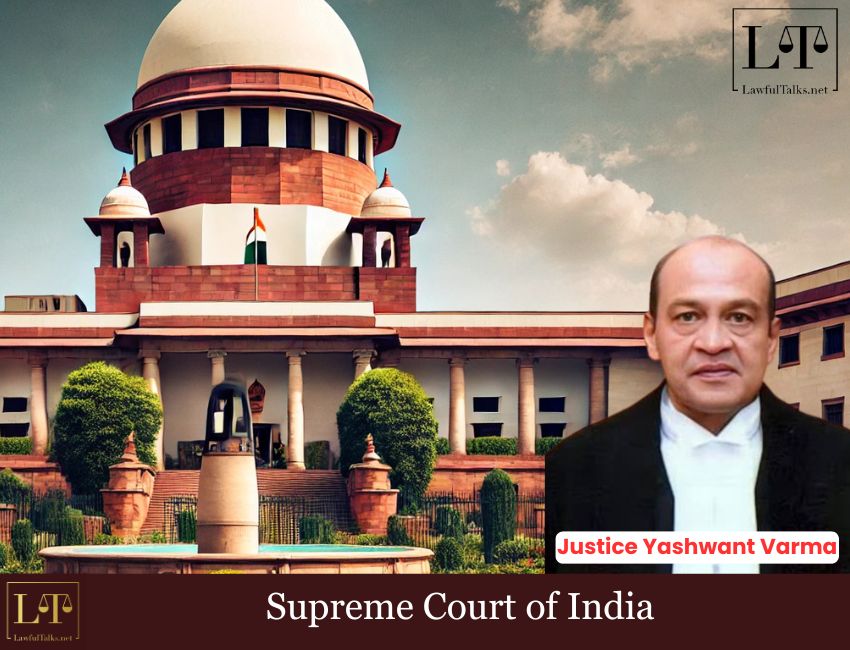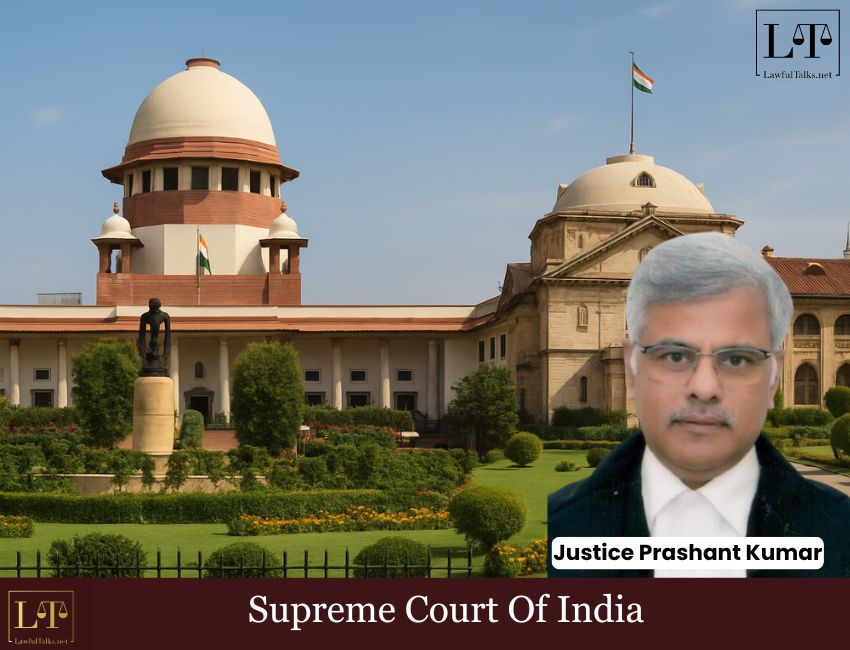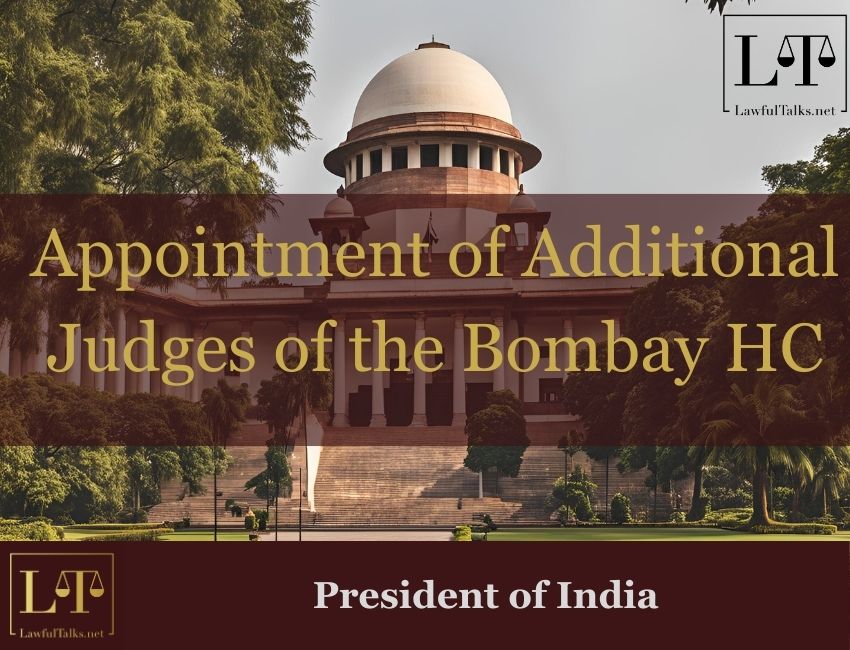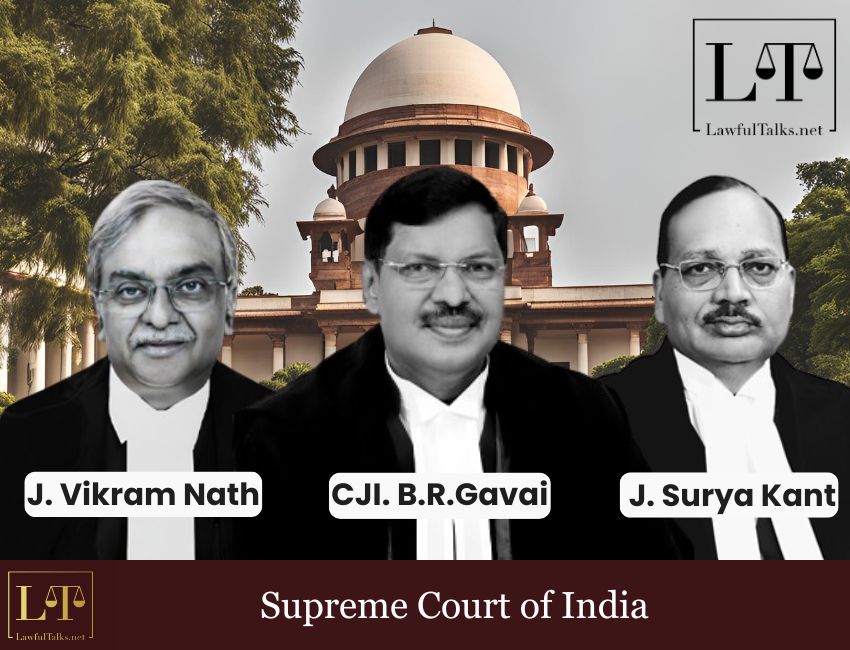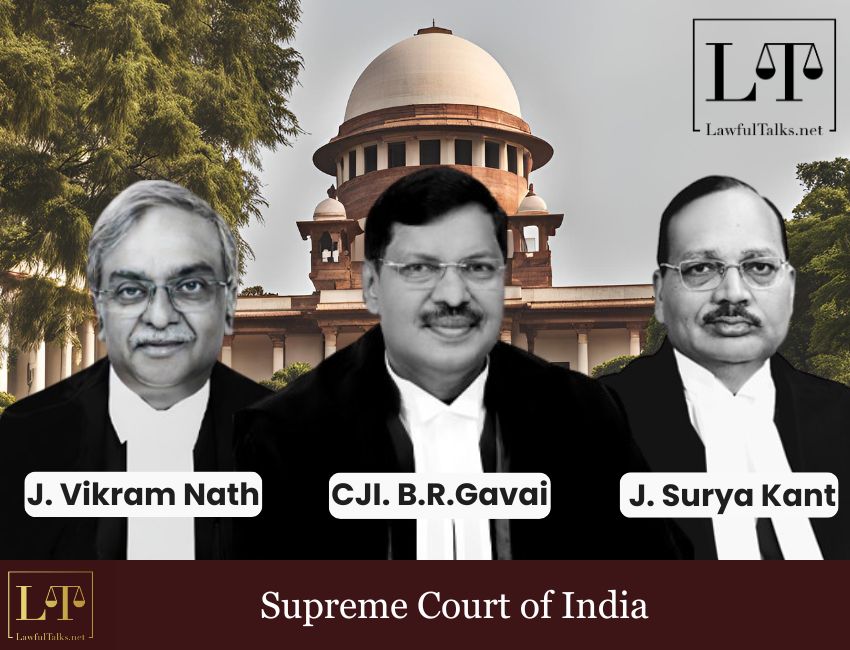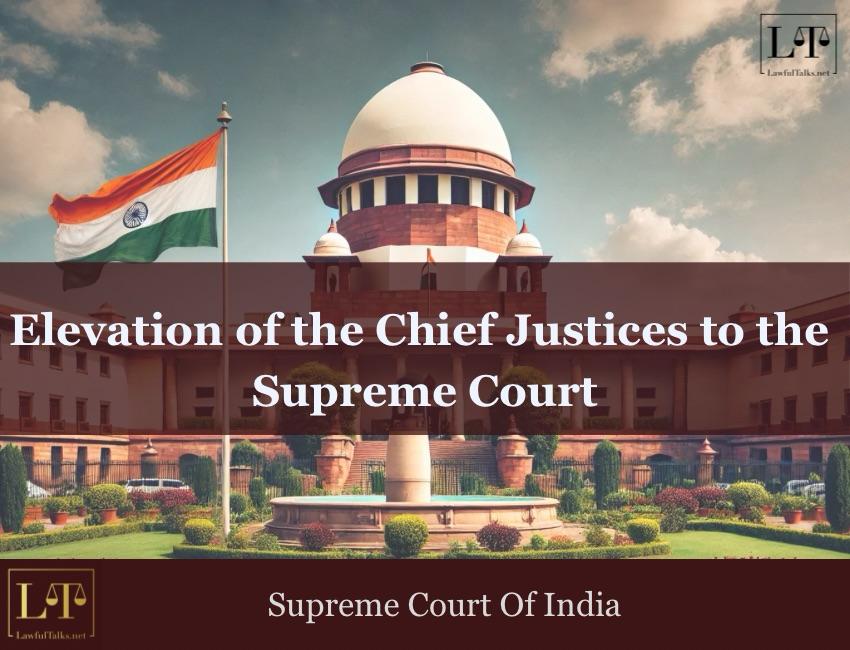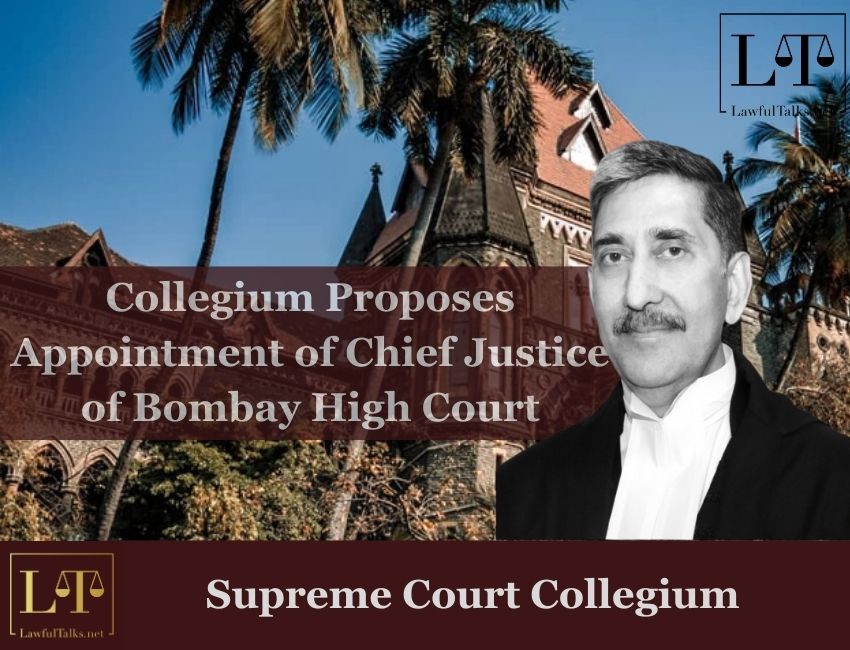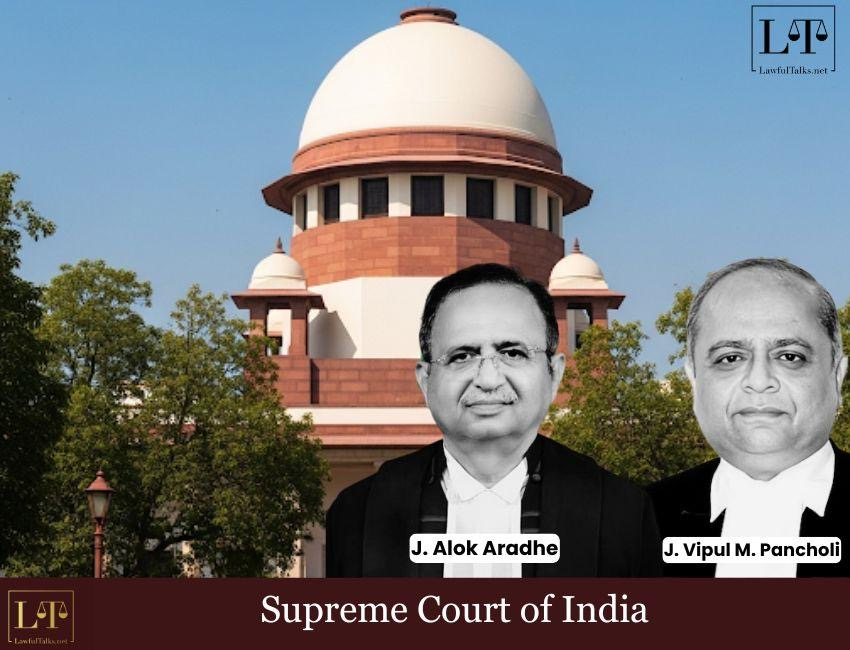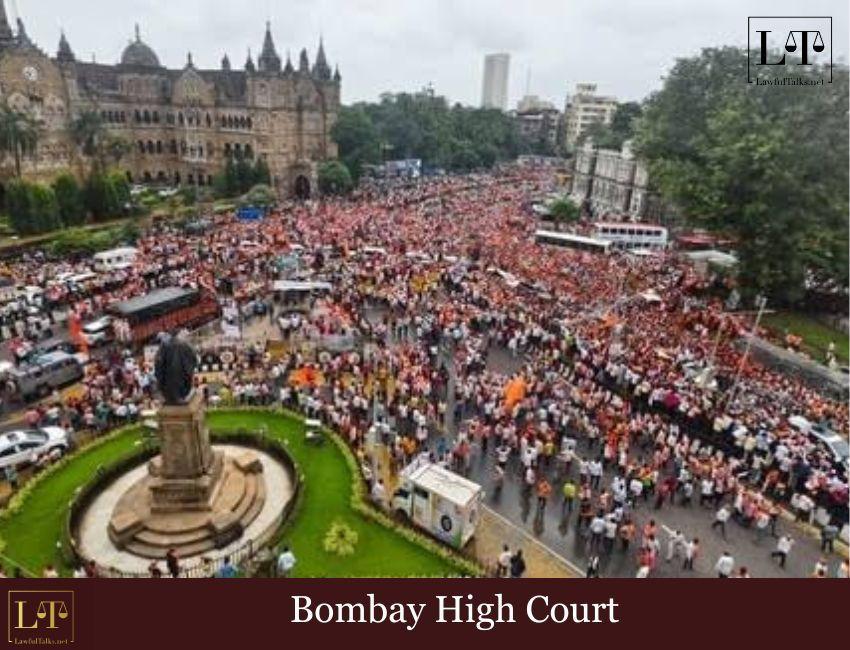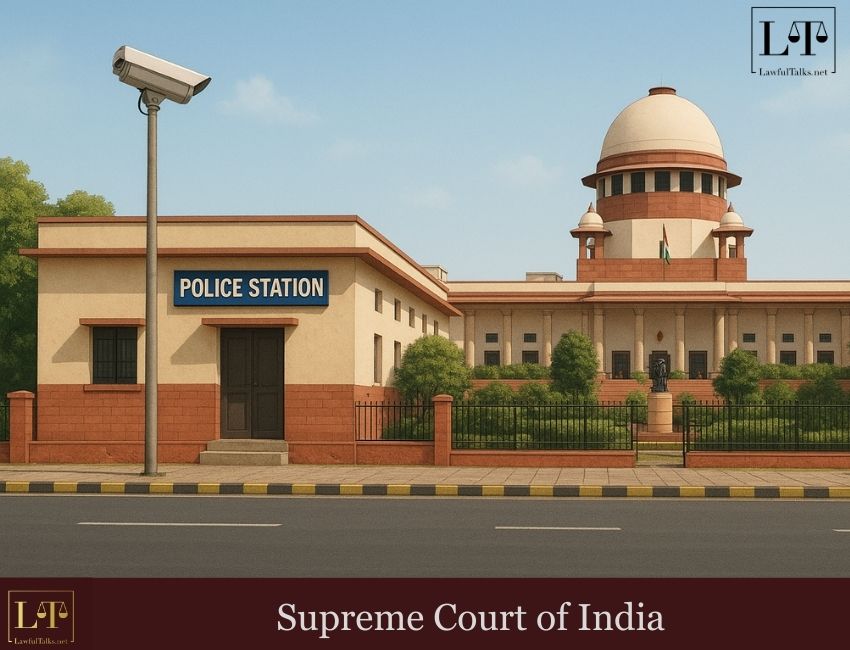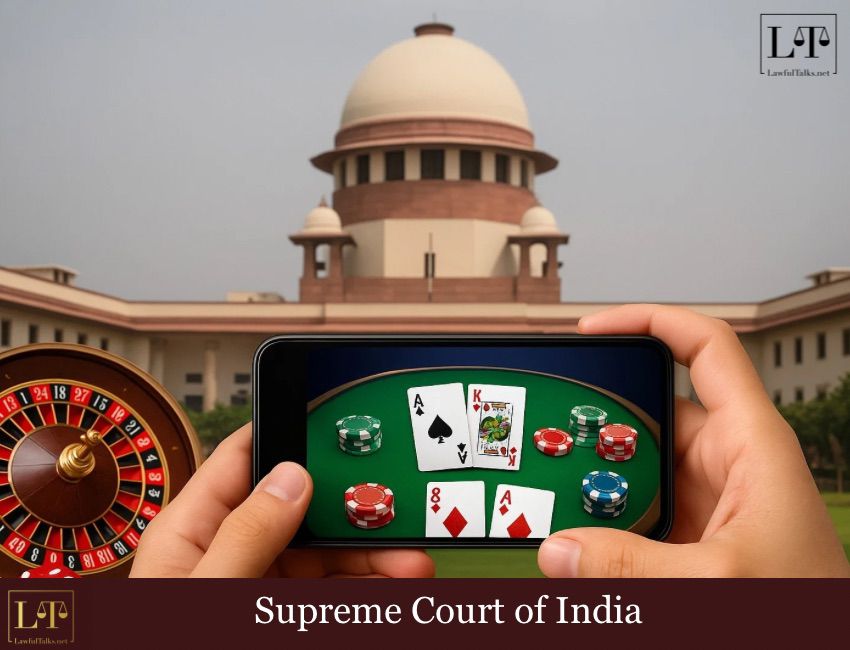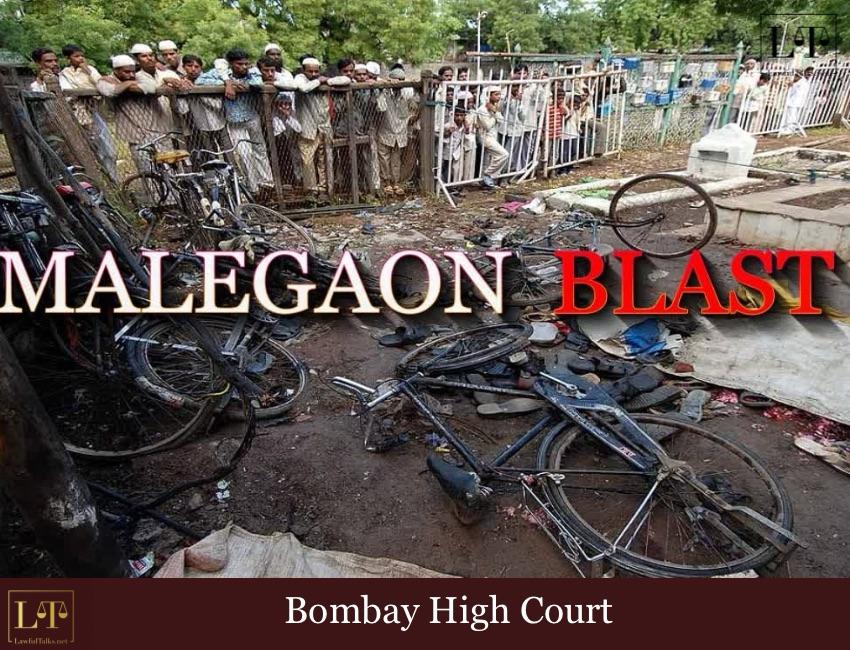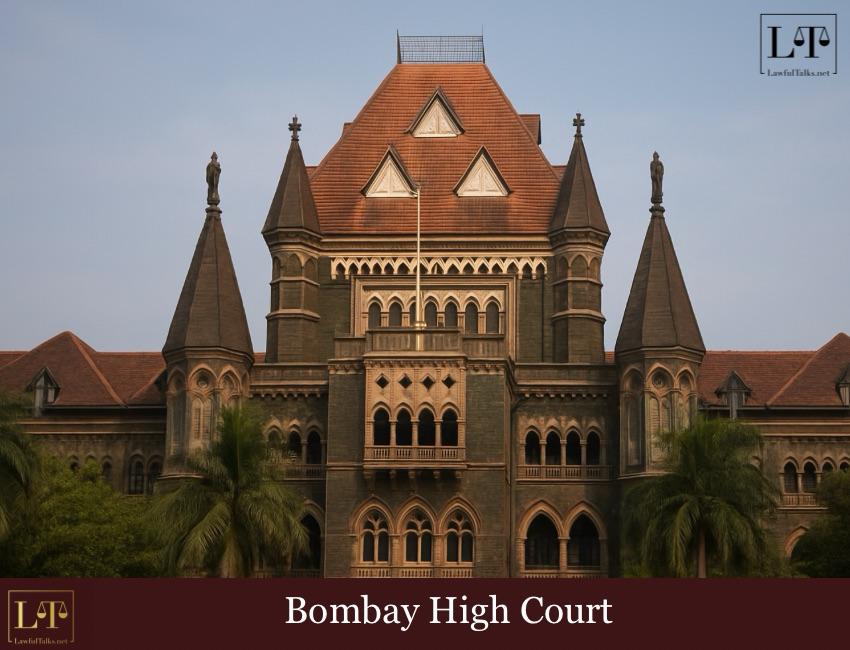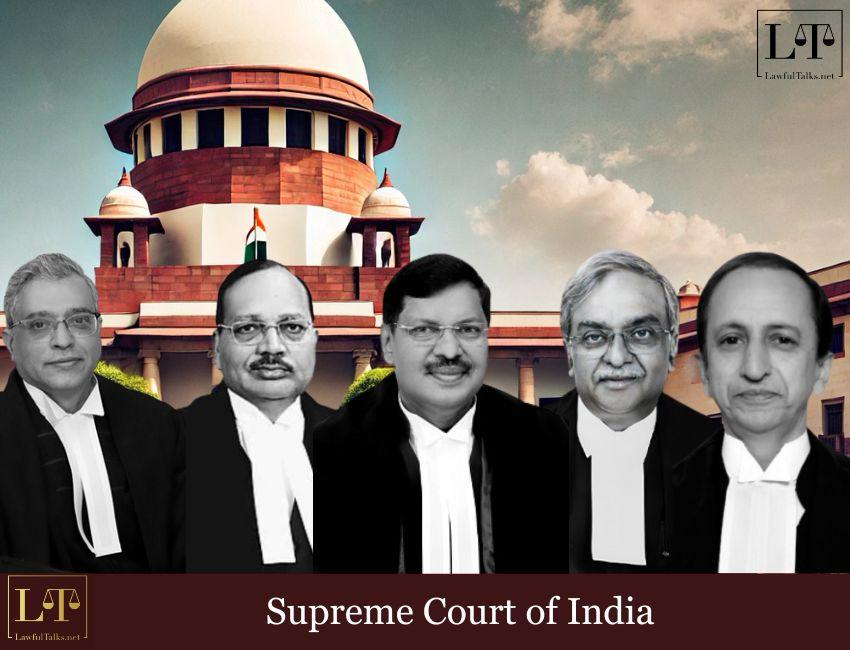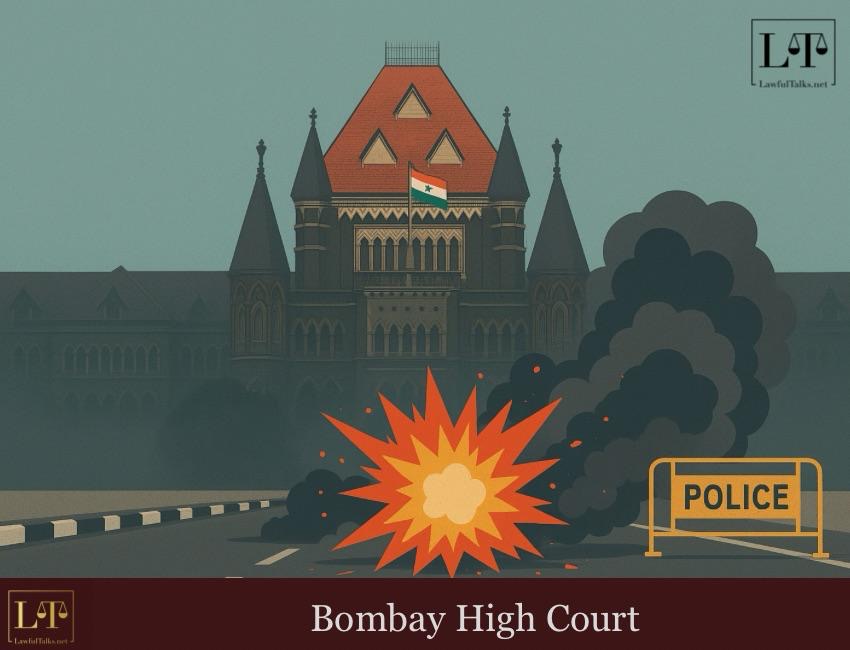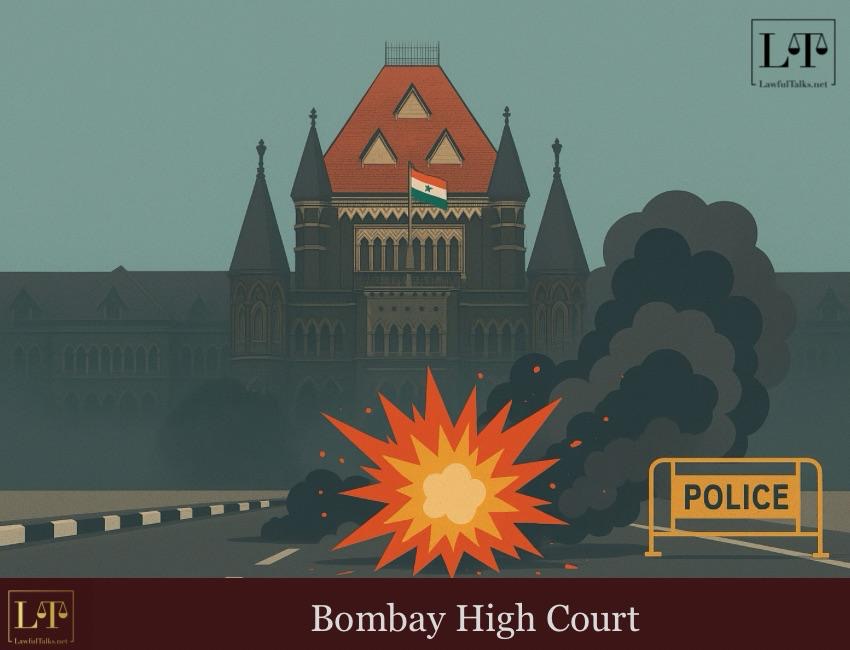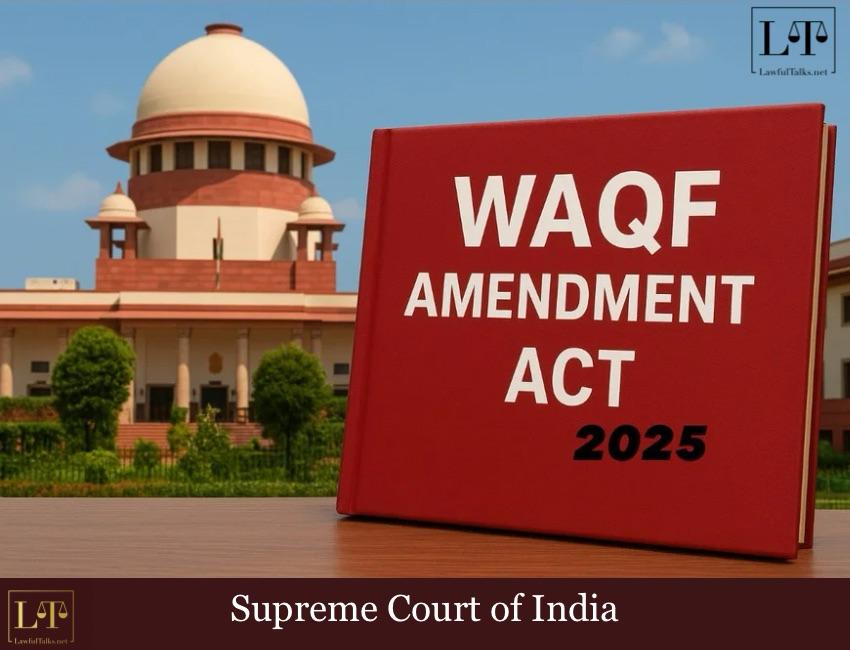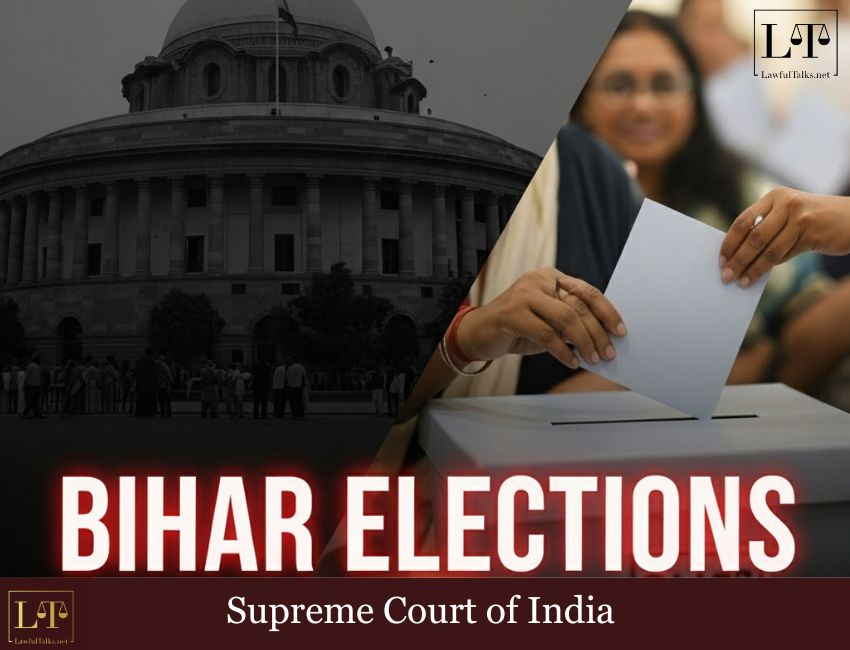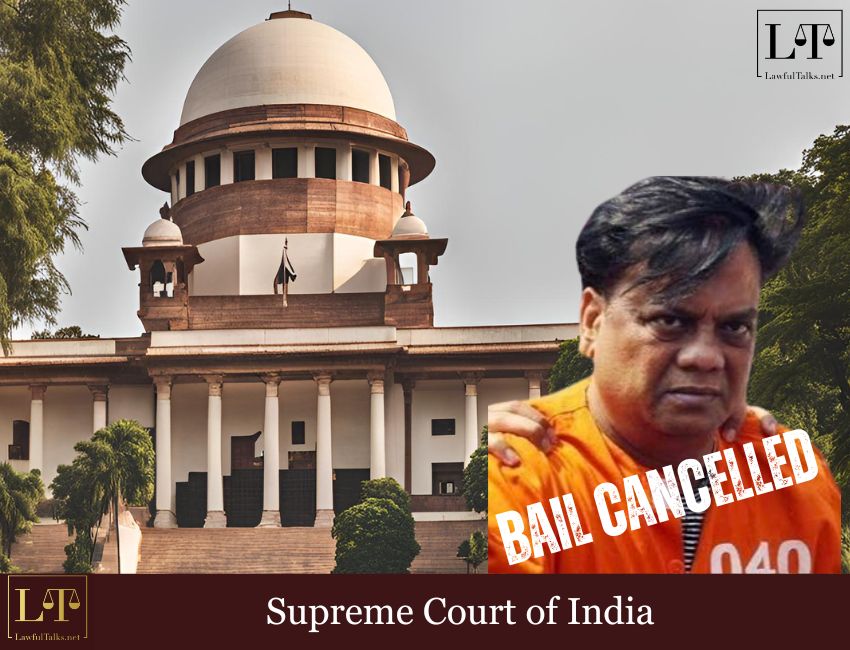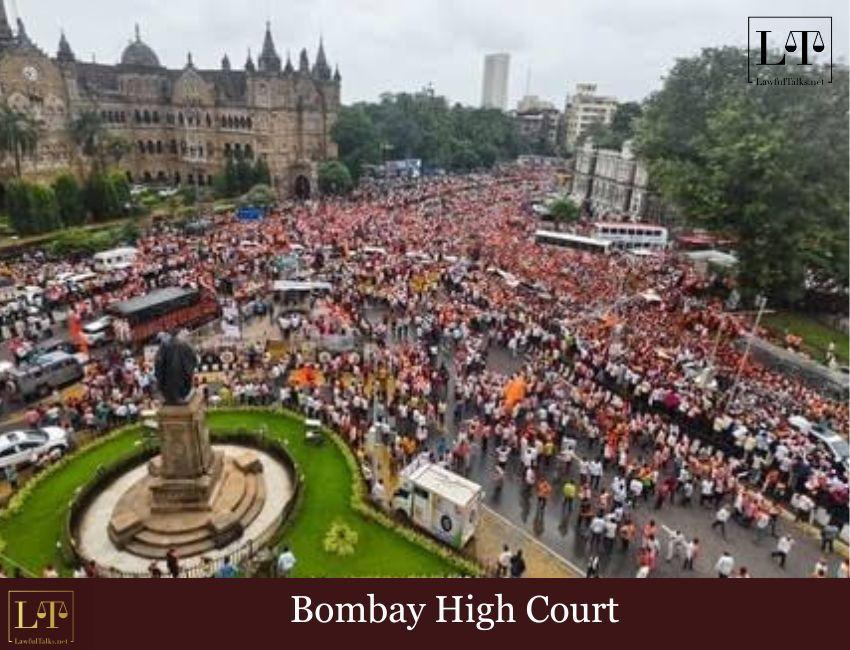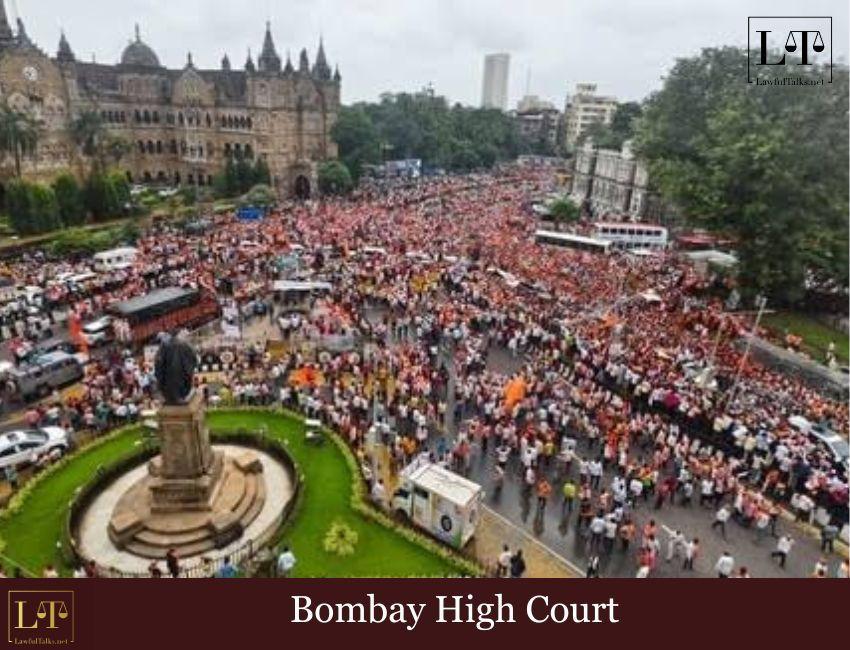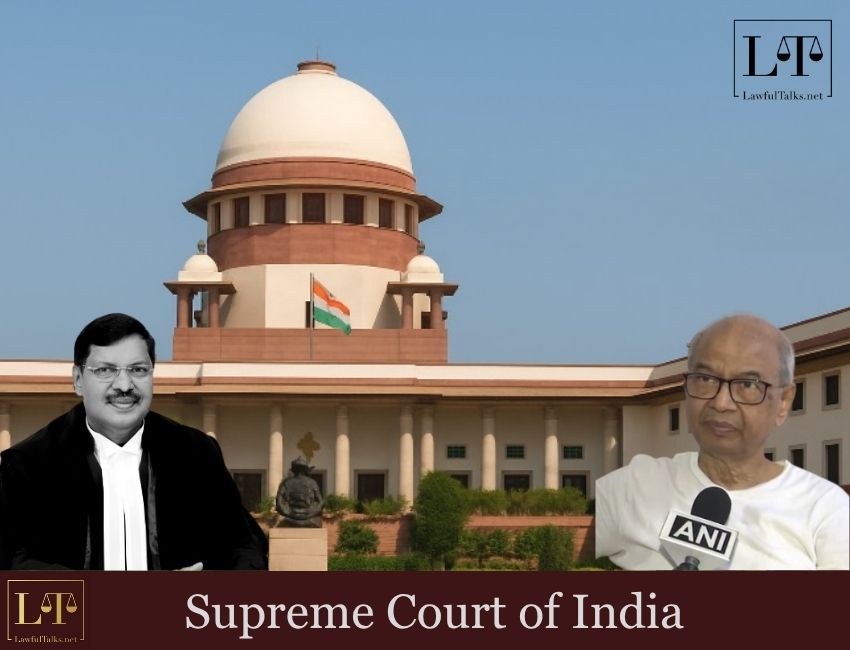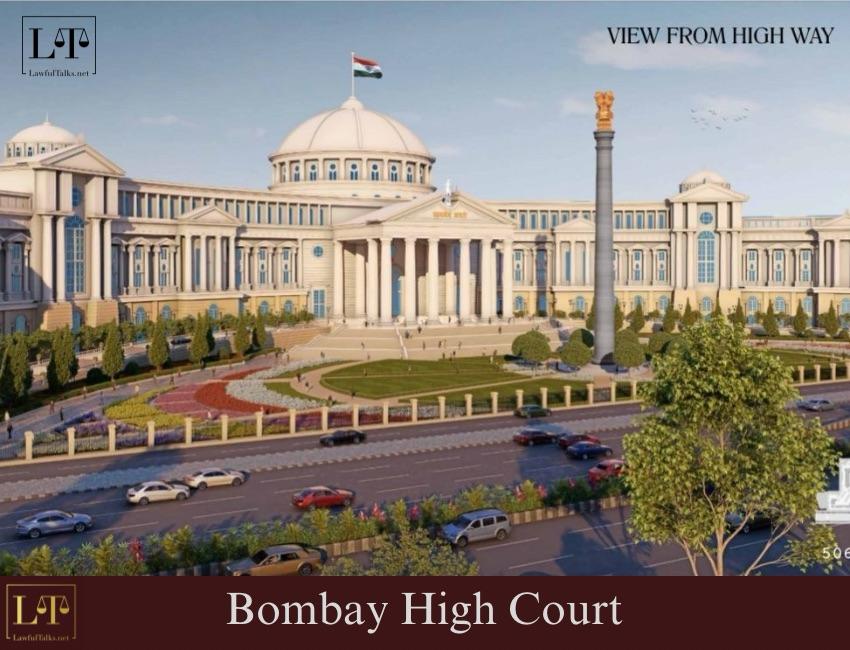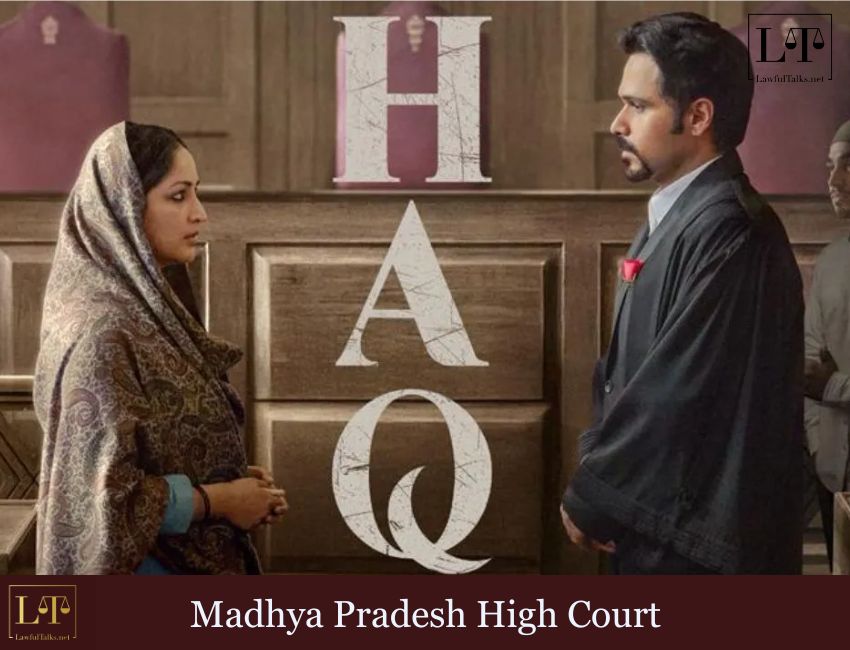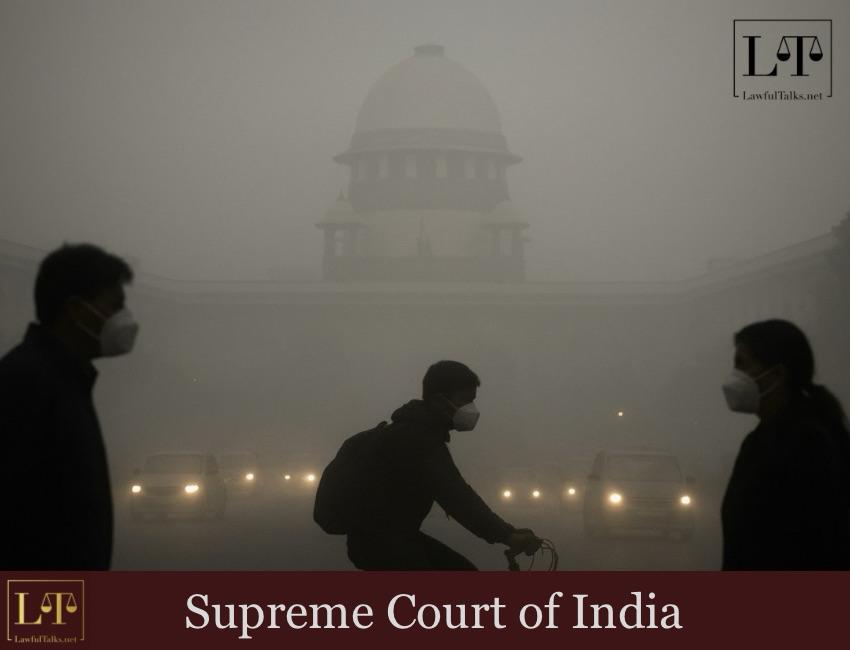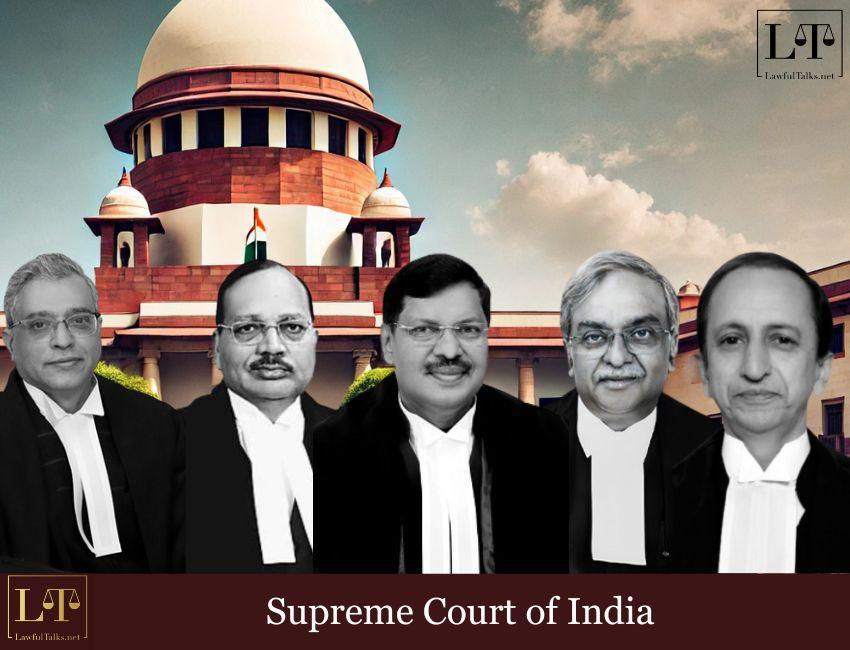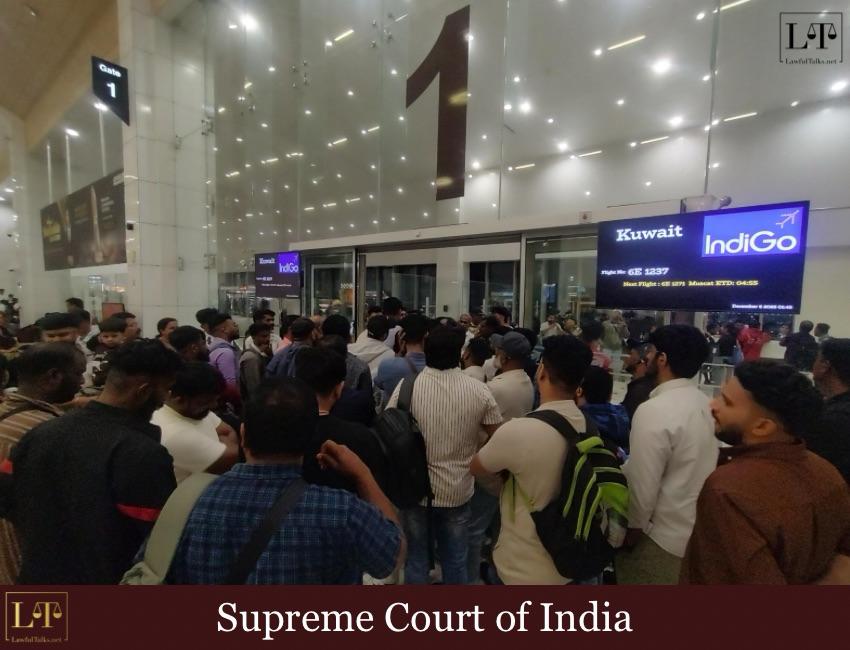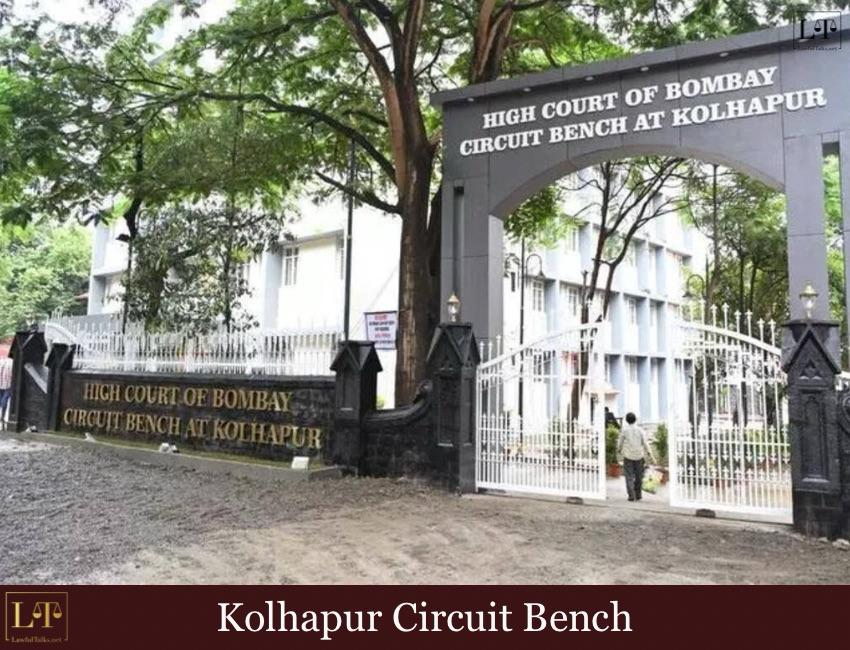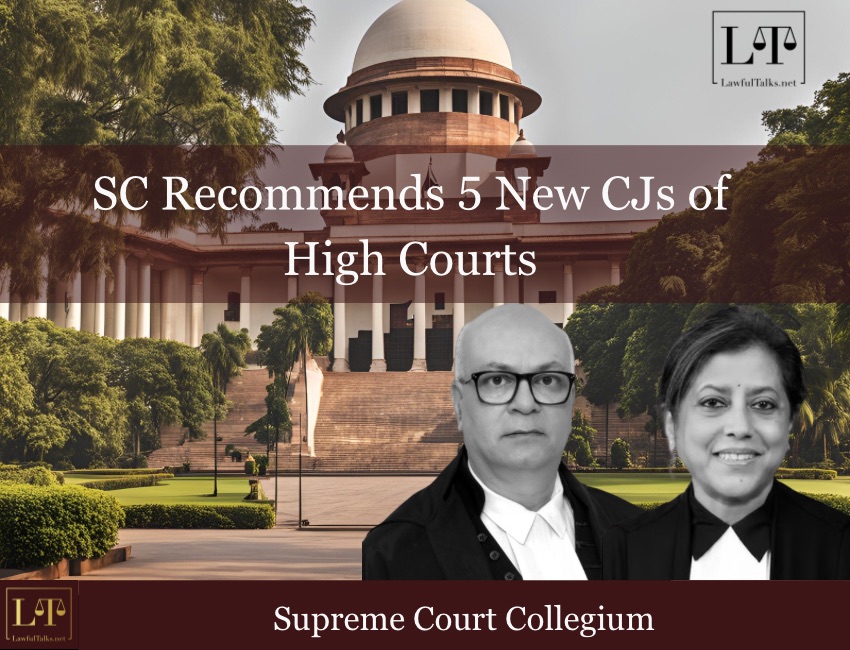Judge Goes Viral for Savagely Putting Rioters in Their Place

In a recent order passed by Justice Goutam Bhaduri of the High Court of Chhattisgarh, an application under Section 482 of the Bhartiya Nagrik Suraksha Sanhita, 2023 (BNSS) was allowed, granting anticipatory bail to applicants Parisha Trivedi and Ashish Swaroop Shukla. The case, which concerned an offence punishable under Sections 451, 394/34 of the Indian Penal Code (IPC), brings to light significant procedural changes introduced by the BNSS, particularly in regard to the granting of anticipatory bail.
The applicants sought anticipatory bail after the brother of Applicant 1's husband, Durgesh Trivedi, lodged a complaint involving an incident where a mobile phone belonging to him was allegedly picked up by Applicant 1 by mistake. Despite Applicant 1's attempts to return the phone immediately after realising the mistake, the issue escalated into a legal dispute, leading to the registration of Crime No. 456/2016. Initially, a closure report was filed by the police, but it was eventually set aside through litigation.

Justice Goutam Bhaduri emphasized the changes brought about by the BNSS as compared to the erstwhile Section 438 of the Code of Criminal Procedure, 1973 (CrPC), which governed the procedure for anticipatory bail. Under Section 438 of the CrPC, courts were required to consider certain guiding factors before granting anticipatory bail, including the nature and gravity of the accusation, the criminal antecedents of the applicant, and the possibility of the accused fleeing from justice. These factors ensured a structured approach in determining whether anticipatory bail should be granted.
Justice Goutam Bhaduri observed that however, Section 482 of the BNSS, which replaced Section 438, removes these guiding factors, thus widening the discretionary powers of the courts while deciding on anticipatory bail applications. The provision now permits the court to impose specific conditions based on the facts of each case, including the requirement for the applicant to make themselves available for interrogation, refrain from making any threats or inducements, and not leave India without the court's permission.
The Court cited the Law Commission of India's 41st and 177th Reports, highlighting the importance of balancing individual liberty with the necessity of maintaining law and order. The 41st Report, which advocated for the introduction of anticipatory bail, argued against the unnecessary detention of individuals who were unlikely to abscond or misuse their liberty if released. The 177th Report highlighted the need to safeguard liberty, noting that personal liberty is one of the most fundamental human rights and that it must be preserved within reasonable bounds.
The Court allowed the application for anticipatory bail, directing that in the event of the applicants' arrest, they should be released on executing a personal bond of Rs. 25,000 with one local surety in the like sum to the satisfaction of the Investigating Officer. In doing so, the Court imposed several conditions, such as ensuring the applicants' availability for interrogation, prohibiting any inducement or intimidation, and requiring the applicants to appear before the trial court on every scheduled date.
Case Details -Parisha Trivedi v. State of Chhattisgarh, MCRCA No. 944 of 2024
Advocates for the Applicants- Mr. Aditya Bhardwaj, Advocate
Advocates for the Respondents-Mr. Ankur Kashyap, Deputy G.A., Mr. Ashutosh Trivedi







